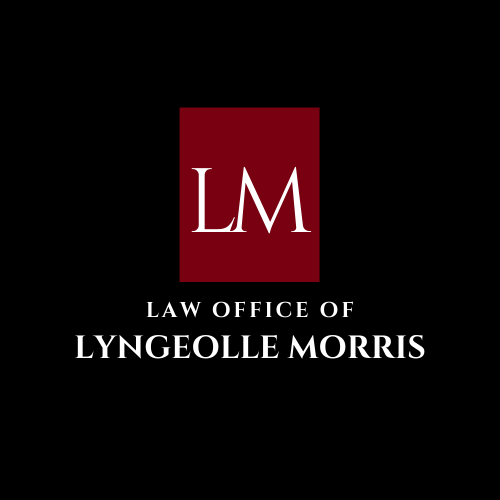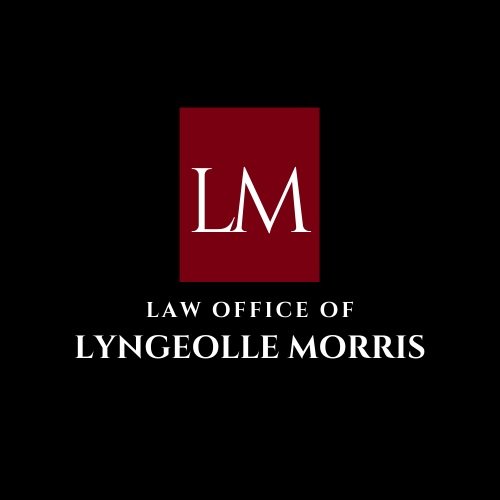Selecting the Right Executor for Your Last Will & Testament: Best Practices to Consider
The Role of the Executor under your Will
Now you may be ready to get your Last Will & Testament in place. You’ve considered in detail what exactly you would like to pass on, how you would wish to protect your loved ones as well as determined any special instructions you want to give after your death.
But before you proceed with the process of getting your Will created, it’s important not to skip one important step in the will planning process. That is, to have careful consideration about who will be the Executor or Executors under your will.
Who Is the Executor?
Now who is your executor?
This is the person that will be granted the authority to carry out all of your wishes under your Will.
The Executor will be responsible for managing and administering your estate after you pass away according to the terms of your Will.
This person is in charge of gathering all documents relative to your assets and liabilities and will be responsible for ensuring that your assets are distributed to the beneficiaries based on the terms of your Will. This person will also be required to settle any outstanding debts on behalf of the estate.
You can appoint either one executor or multiple executors under your will. Under Barbadian law, the Barbados Court may grant probate to one or more, but not exceeding four, executors of a deceased person.
Your proposed executor should be someone you can trust to carry out the role of managing your estate when that time comes. The role of an executor is one which requires attention to detail, time and commitment and therefore it is critical that you bear this in mind when choosing who would be best suited to take on this position.
Best practices when choosing an Executor
Here are three best practices you can consider when selecting your executor. These will help you with gaining a great sense of clarity and confidence when making this decision.
Speak with the proposed executor first before making the decision to appoint him or her
Prior to finalising your Will you should have a conversation with the potential xecutor or executors to confirm first and foremost if they will be willing to take on this role. In some cases, persons may not wish to take up a role such as this one, which requires time, devotion and commitment. In other cases, your proposed executor may be willing to act but may be uncertain as to what may be required of them when the time comes. It is therefore important that this person is aware upfront, as it means that the individual has no surprises when they take up their role having already been made aware of their duties and responsibilities.
The proposed executor should be willing to act in this role and should have the capacity to serve in that role.
This individual will be responsible for a number of legal matters related to your assets and finances and should have the maturity to be in a position to serve in this role. This individual will also have to communicate with persons relative to your estate and will have to come into contact with persons such as your beneficiaries, lawyers, financial advisors, real estate agents, accountants and other professionals. This person should therefore be able to deal amicably and respectfully with others.
You will also want to make sure that you have made the process as simple for your chosen executor, so that gathering details about your assets or any other pertinent records is not a challenge. This will allow your executor to be organised and be able to readily access relevant information when the time comes.
Having a discussion with your proposed executor will therefore be a critical step given the various responsibilities that will be required of this individual.
Consider whether you would wish to appoint a sole executor or multiple executors
You can select a single person to act as executor under your Will. Alternatively you have the option to name multiple executors in your Will. Under Barbadian law, you can name multiple executors in your Will and the Court has the authority to appoint up to four executors. If you wish to appoint more than one, determine whether these persons will be acting jointly or on their own (severally). You can also choose a primary and an alternative executor in the event that the initial choice is either unable or unwilling to act.
When making the decision to choose either a sole executor or multiple executors, you should consult with your attorney about what options are available and the best approach for your particular circumstances.
Carefully consider the traits of the individual you choose
An executor is a fiduciary, meaning that he or she has a legal and ethical duty to act in the best interests of the estate. As such, this individual must act with a duty of care, skill and diligence in exercising his or her duties on behalf of the estate. Your executor plays an important role in safeguarding your assets, gathering critical information and records, contacting various parties regarding your estate, making sure expenses are paid and other key tasks required to manage and administer your estate.
Because the executor has a legal and moral obligation to fulfil his or her role, it is also important to note that an executor can be sued by beneficiaries if he or she has not acted in the best interests of the beneficiaries, if they have acted unethically or not in accordance with the law. This therefore means that your executor should always maintain a high level of transparency amongst the beneficiaries. An executor can also be held personally liable if he or she mismanages the estate.
Potential conflicts may arise in this role, so you will want to select someone who understands the pressure that may come with resolving issues with varying persons that may be impacted by the decisions you have made under your Will. This should therefore be an individual who can remain resolute about ensuring that your wishes are fulfilled, while remaining as neutral as possible when dealing with your estate. Even if the contents of your Will may seem unpopular, the Executor is bound by law to ensure that your wishes are carried out.
As such, when selecting this person, carefully consider the traits of the person who will function in this role. This person should be trustworthy, transparent, can remain neutral throughout the process and is willing to take on this role when the time comes.
So let’s recap the best practices when choosing your executor.
1. Speak with the proposed executor before finalising your Will so that he or she is fully aware and ready to take on this role when the time comes.
2. Consider whether you would wish to have a sole executor or multiple executors and consult with an attorney to determine the option that is suitable to you.
3. Consider the traits of the individual you select – this should be someone who can abide to certain ethical principles when carrying out his or her duties, such as being trustworthy, transparent, and neutral throughout the process.
While you are making plans to get your Will in place, it is important that you take some time to carefully consider who you would wish to appoint as the Executor of your estate. You will also want to ensure that you put things in place so that your executor is organised and feels ready to assume his or her duties at the appointed time.
Questions?
Thank you for taking the time to learn more about the best practices when selecting the right Executor under your Will.
If you are a seeking to have your Last Will and Testament put in place, and require further guidance on the process, our office would be delighted to speak with you about your particular concerns. To find out if we can be of assistance, kindly contact us our office by clicking here.


